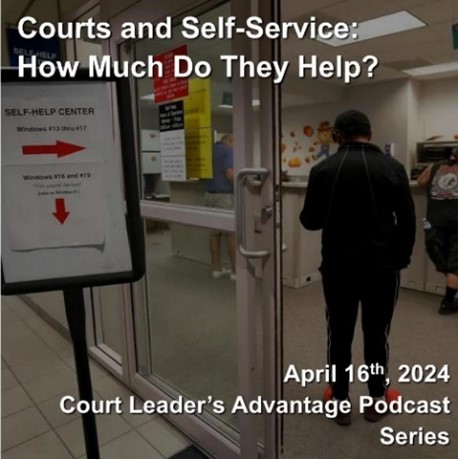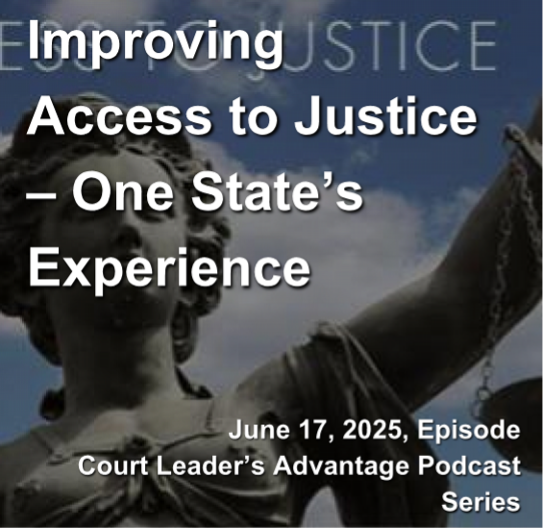April 16th NACM Court Leader’s Advantage Podcast Episode
It may have started with the advent of no-fault divorce in the 1970s. But the numbers of litigants representing themselves in court has regularly increased year after year. This fact has presented a challenge for the community and for courts. People pursuing legal matters in court and who have limited legal experience are at a decided disadvantage. They are at greater risk of ending up with an unfortunate (or maybe even a disastrous) outcome. Likewise, unschooled self-represented litigants in a courtroom can be time-consuming and lead to uncomfortable situations for litigants, judges, and court staff.
As a result, many courts around the country have created centers to assist self-represented litigants in pursuing their cases and appearing in court. The presence of court self-service centers is a mixed bag. Not all courts have them and the centers themselves can range from the very modest to the very extensive. This month we’re going to look at self-service centers. Some questions we are looking into include:
- What do the varieties of centers look like?
- Are the costs of running them worth the benefits?
- What are the criticisms of the centers and what is the response?
- What advice do our panelists have for courts considering starting a center and for courts that already have one
Today’s Panel:
- Angela Polk, Supervisor of the Legal Resource Center for the Multnomah County Circuit Court in Portland, Oregon
- Kristi Cox, Chief Deputy County Clerk for the 44th Circuit Court in Howell, Michigan
- Salvador Reynoso, Managing Attorney for the Self-Help Services Unit of the Superior Court in San Bernardino, California
- Robert Southers, Managing Attorney for the Self-Help and Dispute Resolution Center, Franklin County Municipal Court, Columbus, Ohio
Click here to listen to the podcast.
Leave a question or comment about the episode at clapodcast@nacmnet.org.
Show Notes
Additional Resources
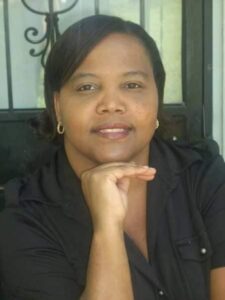 Angela Polk
Angela Polk
Angela E. Polk is the Supervisor of the Legal Resource Center at the Multnomah County Circuit Court in Portland, Oregon. Before that Angela clerked for Judge Eric L. Dahlin, was an Assistant Attorney general in the U.S. Virgin Islands, and Clerked for Judge Julio A. Brady. Angela received her J.D. and a Masters Degree from Howard University.
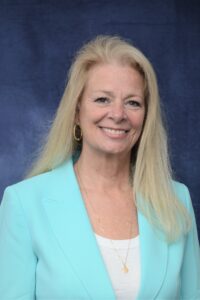 Kristi Cox
Kristi Cox
Kristi began her career with the courts in 1993 after working in a private law firm for 8 years. She has worked in the District Court, Circuit Court, and finally managing the Circuit Court Clerk’s office in Livingston County, Michigan since 2017. She became a Fellow of the Institute for Court Management in 2013.
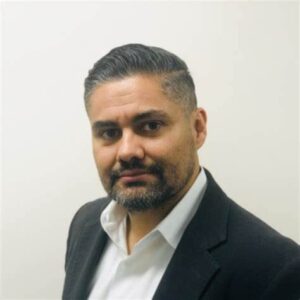 Salvador Reynoso
Salvador Reynoso
Salvador Reynoso serves as the Managing Attorney for the Self Help Services Unit, bringing a wealth of experience from his previous role as a senior attorney within the Los Angeles and Orange County Superior Courts. With over 16 years dedicated to the development of high-functioning self-help programs in Southern California, he is deeply committed to ensuring Access to Justice. His approach to serving the self-represented population is marked by compassion and competency, with a strong emphasis on leveraging technology and innovation.
![]() Robert Southers
Robert Southers
Robert Southers has served as the Managing Attorney for the Franklin County Municipal Court Self Help Resource Center since August of 2017. Recently, Robert has undertaken a merger of the Self Help Resource Center with the Court’s dispute resolution department. Along with his role directing the Court’s self-help center, dispute resolution department, and access to justice programs, Robert also serves as a co-chair for the Self-Represented Litigation Network’s Nonlawyer Navigator Working group. In both of these roles, Robert has helped Courts around the country launch new self-help centers and navigator programs. In addition to Robert’s work with Courts, he also serves as an adjunct professor at the Ohio State University Moritz College of Law Program on Dispute Resolution.



